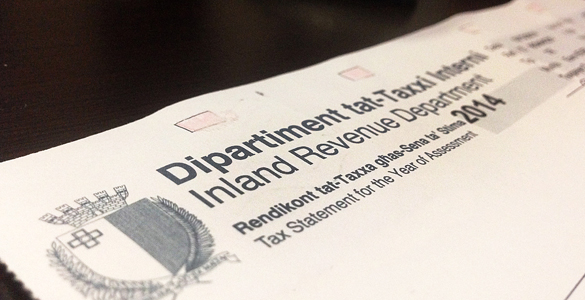The National Audit Office (NAO) has criticised the limited progress of Government departments and entities in moving away from cash-based accounting to accrual-based accounting in order to get a true picture of their finances.
“The NAO has long been advocating for the gradual transition from cash to accruals, cognisant of the fact that only with the implementation of accrual accounting and reporting would the Government obtain a true picture of its finances. Suffice it to state that, to date, Government is not in a position to comprehensively report on all its assets and liabilities,” said the NAO in its recently published annual report.
In the report, Auditor General Charles Deguara said the NAO is gearing up for its next big challenge, which is the introduction of accrual accounting in public service.
“Unfortunately, this accounting system is not being introduced at the speed or pace that we would have wished. There are certain delays and certain issues that need to be tackled. However, we hope that accrual accounting will be fully implemented over the next few years to enable us to perform financial auditing of the public sector accounting system and related financial statements,” said Mr Deguara.
The main difference between the accounting methods is that cash-based accounting only records transactions when money is exchanged, while accrual-based accounting records transactions when they happen, regardless of whether money is exchanged.
In other words, if a Government department receives a bill, under current accounting methods, the transaction is only recorded when the bill is paid. If accrual-based accounting was adopted then the bill would already be recorded in the Government’s financial records, regardless of whether it’s paid.
The report highlighted that while adoption of accrual-based accounting has been the subject of discussion for decades, progress has been limited. Furthermore, adoption of international public sector accounting standards (IPSAS) were often overlooked, and their application was notedly extremely limited.
Governments across the world have been steadily transitioning from cash-based to accrual-based accounting for decades. It is expected that by 2025, around 50 per cent of jurisdictions would have adopted the practice, and by 2030 it would increase further to 72 per cent.
“Accrual-based accounting is essential in helping Governments mitigate corruption, improve trust and transparency, and deliver desired outcomes that their communities deserve and need in the post-pandemic world,” said Rob Whiteman, chief executive of the Chartered Institute of Public Finance and Accountancy on the adoption of the accounting method in public service.
Malta has not yet adopted a timeline for the adoption of accrual-based accounting.
Furthermore, it took note of human resource element within Government departments.
“Unless efforts are stepped up to equip both central departments managing the transition and line departments adopting and implementing accrual accounting with adequate and qualified professionals, little progress is likely to be registered.”
Top 5% of taxpayers responsible for one-third of all income tax paid in Malta
On the other hand, the bottom third of income earners pay just 1.7% of all income tax generated
The Malta Institute of Accountants prepares for its 2024 Anti-Money Laundering Conference
Held at the Radisson Blu, St Julians, this latest AML Conference promises to bring exclusive insights on new procedures
Eurozone interest rates to remain unchanged
The European Central Bank noted that price pressures remain persistent






